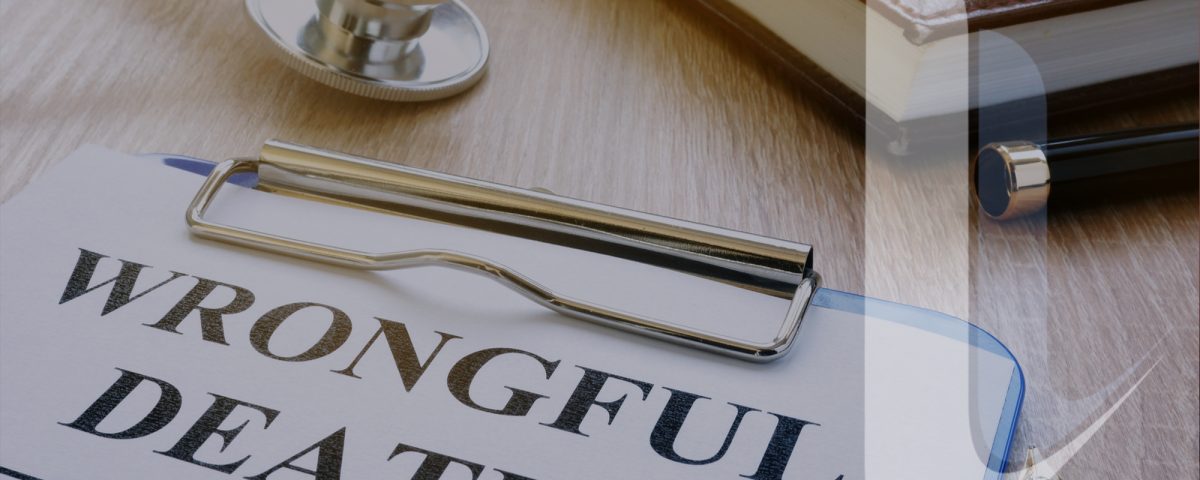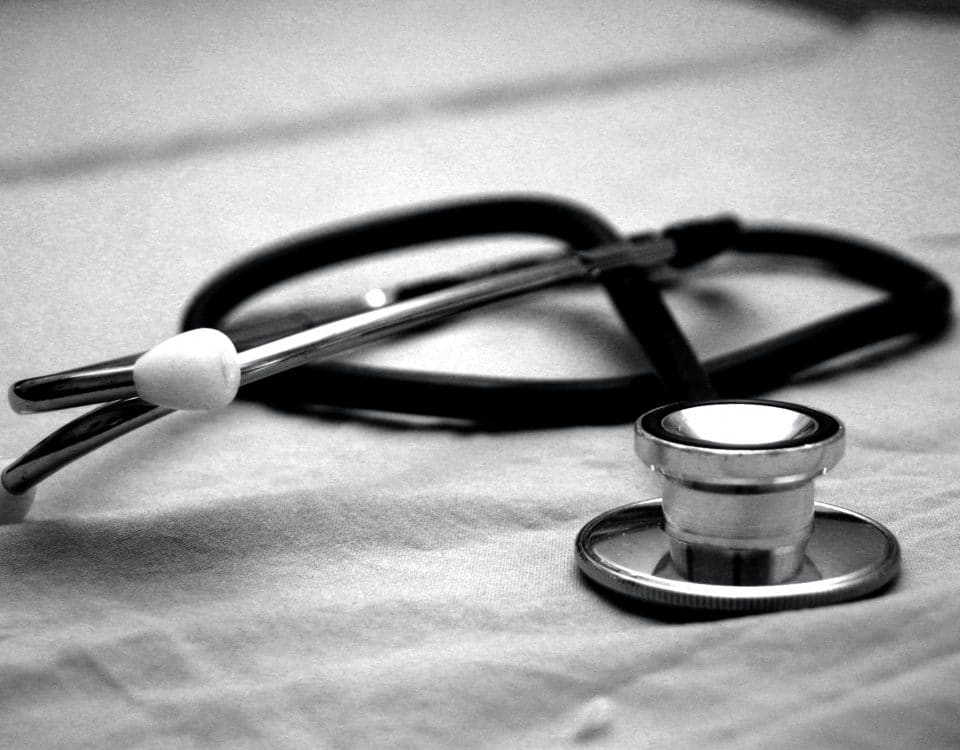- Serving all of South Florida: Broward 954-670-7105 Palm Beach 561-454-9727 and Okeechobee 863-212-4910
When a Building Collapses Families Can Seek Justice by the Filing of a Wrongful Death Suit

FLORIDA MOTORIST SHOULD GET UNINSURED/UNDERSINSURED MOTORIST COVERAGE
June 17, 2021
Why Hiring An Injury Lawyer After Your Injury Case Is Important
July 6, 2021Ensuring that buildings including high-rise condominiums are constructed properly and maintained is imperative for the safety of the residents and anyone in or around the building. If not, then a building can collapse which can result in life-threatening or catastrophic injuries and property damage. In many cases, construction companies, property owners, homeowner associations, architectural firms, and similar parties may be held liable if they failed to design, construct, or maintain a building to ensure that it will be in a reasonably safe condition.
If you or a loved one have been unfortunately injured or passed away in a building collapse accident, you may be entitled to compensation for your medical expenses, pain and suffering, property damage, and more. Contact The Ledezma Law Firm for a free legal consultation to learn more about your legal rights. We only get paid when you get paid.
What Causes a Building to Collapse?
Buildings can collapse for several reasons, and it takes an experienced lawyer to investigate why a building collapsed. A progressive collapse is the gradual spread of failures that is caused by a variety of reasons, including design flaws or the less robust construction allowed under the building codes of four decades ago. This is especially true if the complex was built decades ago like the condo at Surfside in Miami, FL. Below are a few of the most common causes of structural damage:
Poorly constructed foundation: A building can collapse because there is a problem with the deep, reinforced concrete pilings on which the building sits which can be caused by an unknown void or a sinkhole below which then compromises the lower columns. Or the steel reinforcing the columns in for example a parking garage or first few floors can be so corroded that they somehow give way on their own. Or the building itself could have been poorly designed, built with substandard concrete or steel, or simply with insufficient steel at critical points.
Excessive loads: Strength and load tests should be performed to ensure a building’s structure can withstand the weight of its materials and inhabitants. There are acceptable load standards that must be adhered to. Annual testing of the load should be performed to ensure that a building is in compliance with the acceptable standard.
Construction defects: Construction teams may intentionally try to cut corners to save time and money, or companies may fail to adequately supervise and train workers to ensure they are not making mistakes during the construction process.
Sub-standard building materials: Cheap, inferior materials may not be able to properly support a building’s long-term stability and safety.
Fires: Gas explosions and fires can obliterate a building, causing parts of the structure or sometimes the entire building to crumble on itself. However, if strong and high-quality materials are used to construct the building then it has a better chance of withstanding a fire or explosion.
Natural disasters: While hurricanes, earthquakes, sinkholes, and similar disasters cannot be predicted, structures should be built to withstand potential damage inflicted by extreme weather.
Who May Be Responsible for a Building Collapse?
When a tragic collapse occurs it is not always clear not what or who may have caused a structural failure. These cases can be complex, and often require an experienced personal injury lawyer to thoroughly investigate the accident. The attorneys at the Ledezma Firm have the resources needed and know which experts to use.
Often, buildings fail due to a flaw in their original design or construction, or negligence and errors during renovations.
The Following Parties May Be Held Liable For A Building Collapse Accident:
Construction company or contractors: If construction workers make errors or cut corners during the building process that causes the building to eventually collapse, the construction company may be held liable.
Manufacturers of defective building materials: A structure may fail because the building materials were poor quality and defective. Manufacturers may be held liable for defective materials sold.
Architects: Sometimes the original design is flawed and inherently unsafe. If that is the case, the architectural firm that designed the building could be considered responsible.
Property owner: If a property owner failed to regularly maintain their building, causing it to eventually collapse, they might be considered liable. A property owner should also ensure their premises are reasonably safe for residents, workers, and passersby during construction or renovations.
Homeowner Association: Most buildings including condominiums have homeowner associations (“HOA”). These HOAs have the responsibility to make sure that the buildings/condos are properly maintained. For example, they must make sure routine repairs and inspections are conducted. A structural engineer should be retained to inspect the building to ensure no structural defects are present. However, if the HOA fails to recommend or make the necessary repairs then liability can be found.
The experienced Palm Beach Gardens wrongful death lawyers at The Ledezma Law Firm can fight on your behalf to secure compensation for you while holding the parties responsible for this tragic accident accountable.
Contact our law office in Miami, Palm Beach Gardens, Juno Beach, Fort Lauderdale or Okeechobee Florida at (561) 454-9727 to discuss your delicate legal matter with our compassionate team. We are always here to provide you with unparalleled support and guidance when you need it most. Your first consultation, as always, is free.


